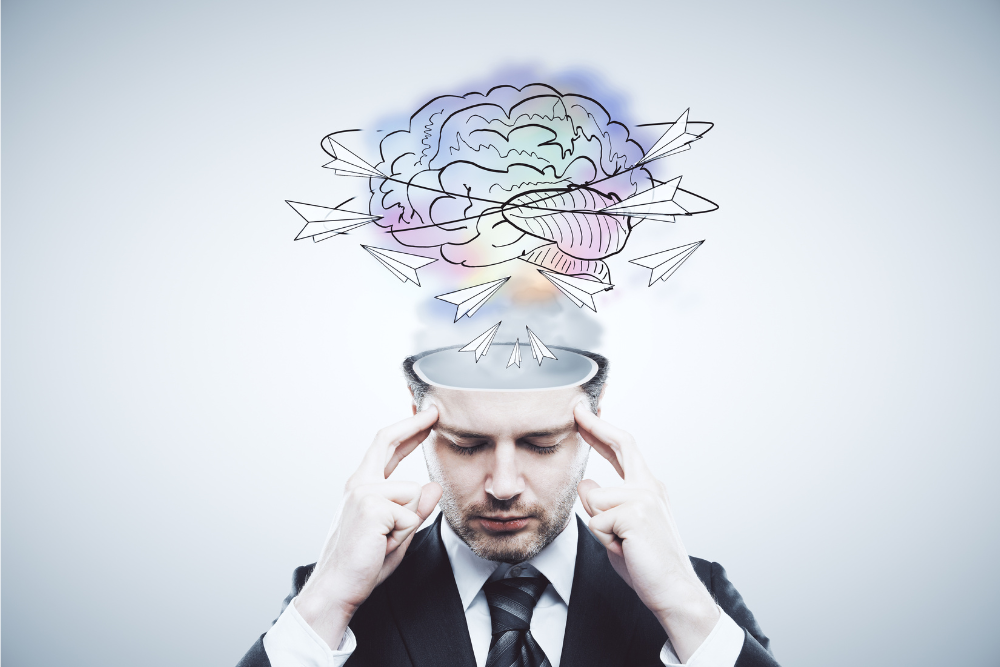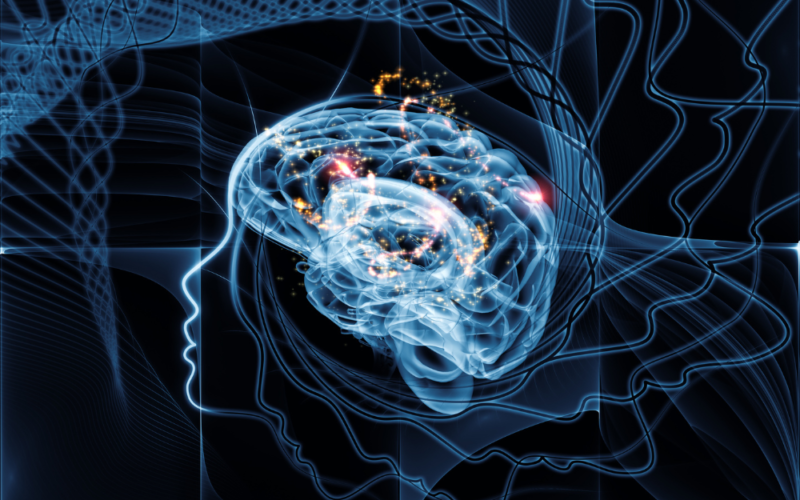Most of the knowledge our mind possesses is conceptual. For example, if I say I have a red car, even if you are not seeing a red car, your mind manages to send for the picture of a red car.
However, a person who is born blind cannot discern ‘red’ and will not be able to comprehend my statement evocatively. Much as we describe to him, we can never give him a precise idea of what ‘red’ is. Further, if I write the word red in black ink, it does not alter the conception of ‘red’. Thus, things are independent of our conception or our nominalistic expression of them. Most of our scientific knowledge is also conceptual, rooted in concepts and their relationships.
This type of knowledge proceeds by abstraction, often far removed from observable reality. Abstractions are generally defined by irreducible minimum attributes. For example, ‘vegetable’ is an abstraction, as a general word for all kinds of vegetables there are. Similarly, ‘man’ is an abstraction, summing up all types of men we know of. Concept is the only currency to trade our thoughts. As the conceptual knowledge is abstract in its very nature, it cannot tell us much about the truth of things that our senses discover and, thus, does not give much information about reality. Scientific laws of nature are mathematical equations describing the relationships between facets of reality and scientific knowledge communicates abstract concepts necessary for the purpose of action to control matter and its motion. For example a blind person opening a door with a control button would have no idea of the shape and substance of the door, but that would not matter as his only objective was to open the door. Similarly, all scientific laws are based on the consistency of nature’s behaviour and thus help us harness powers of nature in service of man. This is how scientific knowledge has transformed the world.
However, this type of knowledge does not help in understanding the nature of reality and cannot really help us understand the nature of life. For example, it cannot tell us what is beautiful. Thus the method does not work to answer certain moral or philosophical questions. In this case the knowledge has to be viewed from a different angle. Since matter and motion are only a part of reality, the knowledge that has been developed to secure the control of matter and its motion cannot adequately address the whole reality. Some philosophers have suggested that intuition is the faculty to address complex metaphysical questions. When intuition sparks, our understanding rises above the conventional experiential limitations and we really begin to understand the nature of the universe and also who we are.
Along the ages, our mind has evolved to primarily handle the practical conduct of life and thus is prone to distorting the reality in order for us to control our environment. In order to be able to see things as they are, we have to begin with preventing our mind from distorting reality. The question then is how do we control the mind? If we control the mind by the mind, the mind stays. The objective is to step out of the world of mind, somewhat like when Galileo said, “If you can show me a spot where I can take my stand away from the earth, I can move the earth”. It is not easy. Try to empty your mind only for one minute and you will see that it is not possible as the thoughts keep coming because as you try to control thought by thought you are still thinking. This quandary is aptly described by Buddha, when he says “Mind is the slayer of the real.” Mind twists reality by forcing its own notions upon reality. Like a fisherman who is more concerned about the fish he catches than understanding what fish is, our mind catches reality solely for being able to act upon it.

As humans we are conditioned to think dualistically in terms of subject-predicate equations. The glass of our mind determines the colour of reality we see through it. So, on one hand the mind has raised man to the top of knowledge and discovery and the other hand the same mind distorts the reality for us. It is impossible to silence the mind-activity completely even in our sleep. It is only when we get some deep and dream-free sleep that we feel fresh and rested when we wake up. Mind is fuelled by energy and involuntary thinking tires us out. This reminds me of a famous fable comprising a dialogue between a snake and a scorpion. The snake asks the scorpion, “Despite the fact that your poison is far deadlier than mine how come my bite kills and your sting does not?” The scorpion replies, “The reason is simple. Since I am blind, every object I come across I regard it as my enemy and sting it, thus wasting my poison. Whereas you have eyes and you don’t waste your energy. Hence, your poison is concentrated and when you come across an enemy you have the bite to kill it.”
The same economics applies to our energy and consciousness. The ceaseless friction of our thinking, feeling, and acting mechanism continues to gnaw at our energy. The more we minimize this friction the more energy we save. If we could stop our involuntary thinking and feeling even for a while, we can save a great deal of energy. It is like how a gardener weeds out whatever is not needed. Similarly, in order to preserve and better use our energy, we have to constantly pluck out from our existence the weeds of day-dreaming, involuntary thinking, reflexive emotions, and mindless action. These mechanical freeloaders leave us too exhausted to function at a higher plane.
I have learnt that the malfunction in man’s inner life is caused mainly by his ego. I have seen, in my life, that there is too much conceit in man that makes him think too much of himself and his own importance. I too have been there. Man conducts himself as if he could shake the mountains to agitate the very planet on which he crawls like an insect. The pride on the part of many men I know of is a sickly spectacle indeed, whereas the truth of man’s situation is bad enough, in the words of Shakespeare, “to make even the angels to weep.” Therefore, I say, it is only the humble people who represent the real humanity. Sadly! The self-important egos are already lost. What can we, then, do about it? I think man’s awareness begins by inquiring: “What forces are acting upon me? Where am I headed? Did I come into being for that self-serving use of the five senses? If yes, then life seems a travesty of evolution. If not, then what does life offer to me and what can I offer to life?” and this is how we overcome our complacency, for the sleeping one must wake up before making good his escape.
Without that, we are perennially involved in acting upon the commands from our apparent wakefulness and cannot heed the advice from our deep self. That is not a surprise as we are too busy hearing what we should not be hearing. We have to subject ourselves to the discipline needed to clear up the clutter and the mess that keeps slithering into our inner being. When we do that then we allow the intuition to prevail in our life and instead of being possessed by the demons of our thoughts and emotions, we possess them. The tragedy is that instead of cleansing our existence of this rubbish, we keep on stacking it with more and more thinking/feeling junk. This mechanical friction is parasitic and feeds on our energy and it is only our ego (pride, vanity, arrogance etc) that makes us complacent in the matter. In order to be fully productive and focused our mind needs to be calm and empty, just as only a still lake can reflect in it the image of the faraway moon. In this awareness lies the economics of our mind, which not only ensures an optimal exercise of our energy and will but also allows us to make nourishing choices in each moment of every day of a lifetime.







